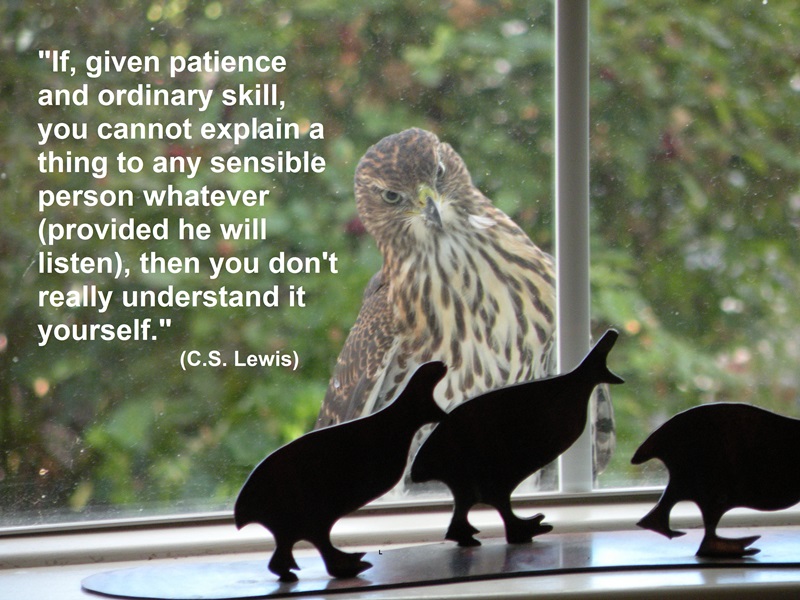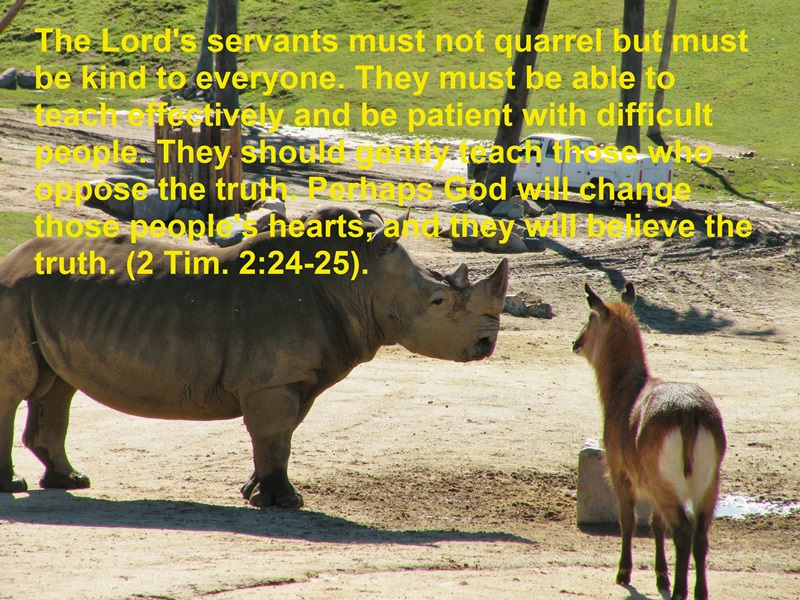Note: This series is adapted from my book, Engaging the Closed Minded; Presenting Your Faith to the Confirmed Unbeliever, with a foreword by my former professor, Dr. John Warwick Montgomery. I am indebted to Dr. Montgomery for a taped seminar titled Sensible Christianity, where he suggested “The Do’s and Don’ts of Apologetics.” I have borrowed several of his headings and suggestions and created some of my own. I have tried to be faithful to his advice.

Possessing answers to the tough questions, and refuting non-Christian religious and secular worldviews, does not automatically result in a victory for Christ. Equally important to having apologetic knowledge is the ability to apply it effectively; that is, the ability to engage unbelievers in a way that they will listen, understand, and consider. This series suggests how to do effective apologetics and warns about the pitfalls to avoid that result in poor apologetics. Together, the series will provide the ground rules of successful apologetic evangelism.
Although apologetics is a valuable tool in evangelism—a vital tool at times—it is the Gospel of Christ that people must ultimately hear to be saved (Rom. 1:16; 10:9-10). It is wrong to assume that every unbeliever harbors intellectual objections to Christianity. Hence, not every evangelistic situation will require an apologetic defense.
Whenever possible, start a witnessing encounter with the Gospel. If the unbeliever responds to the Gospel, forget apologetics and pursue proclamation—continue to proclaim the “good news” of Christ.
However, it’s not always possible to start with the Gospel. In many encounters with unbelievers, you’ll find yourself responding to challenges or answering questions concerning issues far removed from the Gospel. In those cases, sharing God’s plan of salvation will have to come later: “Why is there so much evil and suffering in the world if God loves people and can stop it?” “Why do you Christians [allegedly] condemn people to hell who never even heard of Jesus Christ?” “You don’t take the Bible literally, do you?” and so on.
The job of apologetics is to pave the way for a presentation of the Gospel. In this sense, apologetics is “pre-evangelism.” It identifies and removes intellectual obstacles that hinder someone from considering the Gospel message.
Next week we’ll look at number two: the essential doctrines and beliefs Christians must defend rather than focus on peripheral issues.





 Why We Should Decode Christian Jargon and Use Everyday Language
Why We Should Decode Christian Jargon and Use Everyday Language

